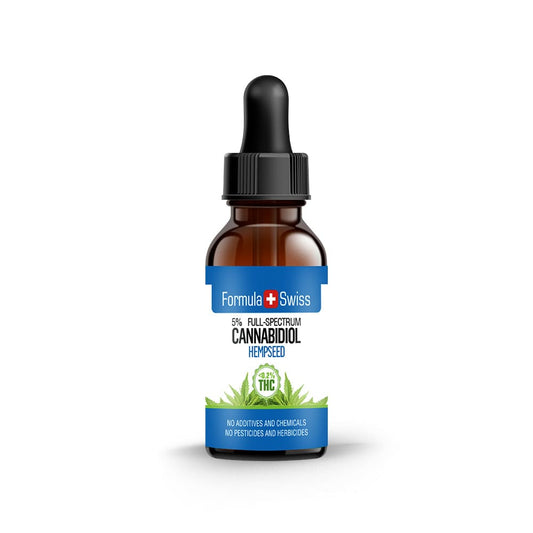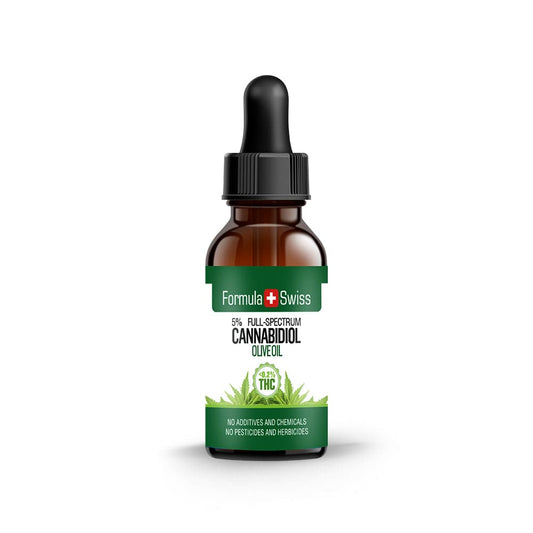In a decisive move to protect public health, the Czech government has announced an immediate ban on Hexahydrocannabinol (HHC) and similar substances. This decision comes in the wake of increasing reports of adverse health incidents among children and teenagers, highlighting the urgent need for regulatory action.
The Rise of HHC and Public Health Concerns
HHC, a synthetic compound similar to THC found in marijuana, has gained popularity for its psychoactive effects. However, its easy accessibility has led to a worrying trend of consumption among minors, resulting in serious health complications and hospitalisations.
What is HHC (Hexahydrocannabinol)?
Government's Response to Health Incidents
The Czech government's decision to classify HHC and related compounds as banned substances underscores a commitment to public safety. Health Minister Vlastimil Válek emphasised the government's intention to halt the sale of these potentially harmful products to minors.
Implications of the Ban
The ban on HHC is a temporary measure pending the enactment of comprehensive legislation on psychoactive substances. It reflects a broader strategy to regulate the sale of new psychoactive substances, with a focus on preventing access to minors.
Challenges and Future Directions
While the ban represents a significant step forward, it also raises questions about the effectiveness of prohibition and the potential emergence of stronger, unregulated substances. The Czech government is navigating uncharted territory, with the ultimate goal of establishing a balanced approach to substance regulation.
Community and Expert Reactions
The ban has sparked a mix of reactions from the public, healthcare professionals, and policymakers. While many applaud the government's swift action, others call for a more nuanced approach to drug policy that addresses the root causes of substance misuse.
The Czech government's ban on HHC and similar substances marks a critical moment in the ongoing debate over drug policy and public health. As the situation evolves, it will be essential to monitor the impact of this decision on public health, youth safety, and the broader societal implications of substance regulation.







